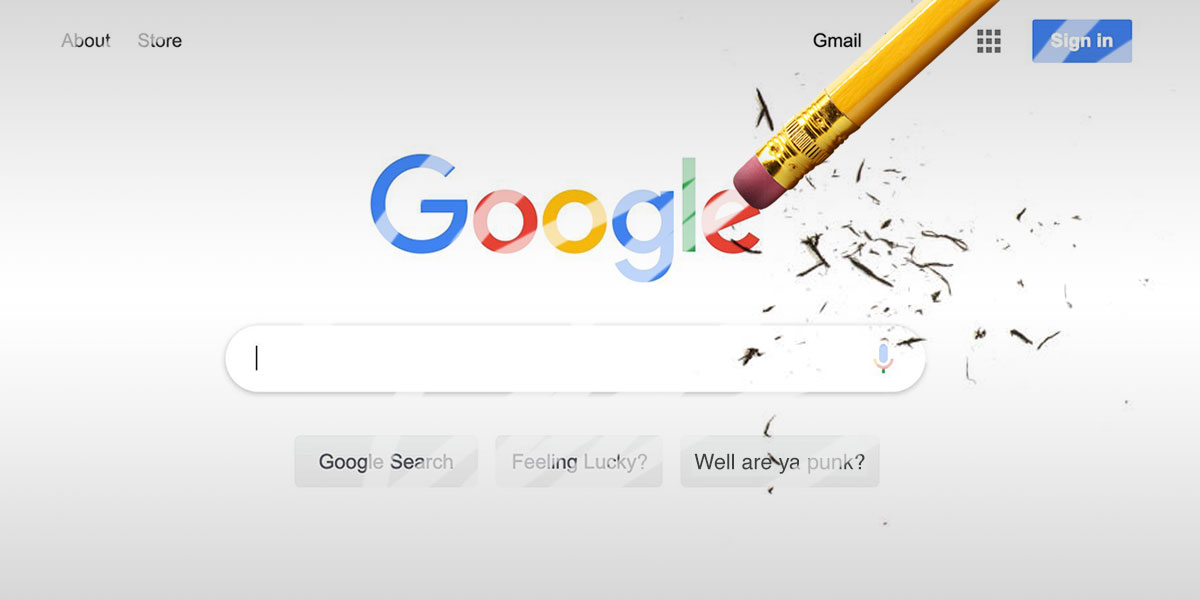For the next three years, Google must meet the following criteria:
- Allow third-party app stores for Android, and let those app stores distribute all the same apps as are available in Google Play (app developers can opt out of this);
- Distribute third-party app stores as apps, so users can switch app stores by downloading a new one from Google Play, in just the same way as they’d install any app;
- Allow apps to use any payment processor, not just Google’s 30 percent money-printing machine;
- Permit app vendors to tell users about other ways to pay for the things they buy in-app;
- Permit app vendors to set their own prices.
Google is also prohibited from using its cash to fence out rivals, for example, by:
- Offering incentives to app vendors to launch first on Google Play, or to be exclusive to Google Play;
- Offering incentives to app vendors to avoid rival app stores;
- Offering incentives to hardware makers to pre-install Google Play;
- Offering incentives to hardware makers not to install rival app stores.



Why for only 3 years? Why not make these changes permanent?
Guess their thinking is that Google may not be a monopoly in 3 years, so the rules might not need to apply at that point, or they be reviewed?
Why can’t these rules apply to everyone always?
Yeah, makes no sense - could it be that the poster isn’t native speaker and actually meant: “in the next three years”, implying that the criteria must be met within that timeframe…
… why are you boldly speculating on OP’s language status? That’s pulled directly from the article
Checked other sources, the restriction is only in place for three years.
Because I was obviously unaware of the idiocy of the US justice system, and naively gave them the benefit of the doubt.
Under normal circumstances, it’d take Google about 3 years to stall the process of opening.
This will achieve nothing, and it would’ve been better for US consumers if my bold assumption had been correct.